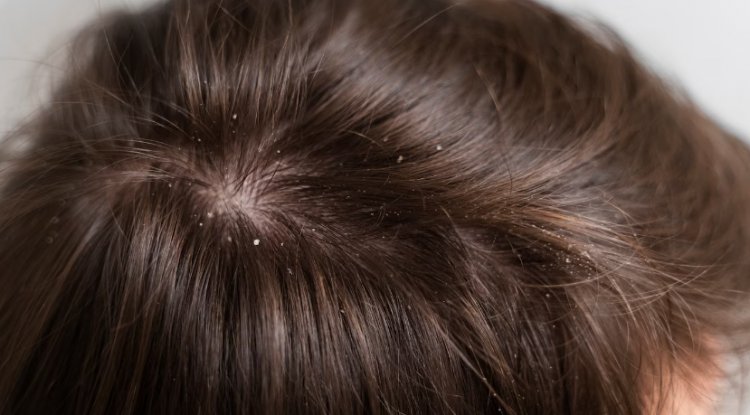Breaking the Cycle: Innovative Approaches to Tackling Folliculitis
Folliculitis is a common skin condition characterized by the inflammation of hair follicles. While it may seem like a minor issue, folliculitis can be uncomfortable and, in some cases, lead to complications if left untreated. In this comprehensive guide, we'll delve into the various aspects of folliculitis, including its causes, symptoms, diagnosis, treatment options, and preventive measures.

Causes of Folliculitis
Bacterial Infections
The most common cause of folliculitis is the invasion of bacteria, particularly Staphylococcus aureus, into the hair follicles.
Fungal Infections
Fungi such as yeast can also infect hair follicles, leading to folliculitis. This type is more common in warm and humid environments.
Physical Irritation
Friction from tight clothing, shaving, or plucking hair can irritate hair follicles, causing inflammation.
Blockage of Follicles
Excessive sweating, use of heavy oils or greasy lotions, and certain skin conditions like acne can clog hair follicles, promoting the growth of bacteria and triggering folliculitis.
Symptoms of Folliculitis
The signs and symptoms of folliculitis may vary depending on the underlying cause and severity of the condition. Common symptoms include:
- Clusters of small red bumps or white-headed pimples around hair follicles
- Itching or burning sensation
- Tenderness or pain
- Pus-filled blisters
- Localized swelling or inflammation
- Crusty sores
- Darkening or hyperpigmentation of the affected skin
Diagnosis of Folliculitis
Diagnosing folliculitis typically involves a physical examination of the affected skin and a review of medical history. In some cases, your healthcare provider may perform additional tests such as:
- Skin Swab: Collecting a sample of the affected skin for laboratory analysis to identify the causative organism.
- Biopsy: Removing a small tissue sample for microscopic examination, particularly if the diagnosis is uncertain or if the condition is persistent or severe.
Treatment Options
The treatment of folliculitis depends on its cause, severity, and location. Common treatment options include:
- Topical Antimicrobial Agents
- Oral Antibiotics
- Antifungal Medications
- Corticosteroids
- Warm Compresses
Prevention
While folliculitis cannot always be prevented, certain measures can help reduce the risk of developing this condition:
- Practice good hygiene
- Avoid tight clothing
- Use clean shaving equipment
- Moisturize the skin
- Avoid sharing personal items
In conclusion, Folliculitis is a common skin condition that can cause discomfort and embarrassment, but with proper diagnosis and treatment, most cases can be effectively managed. If you suspect you have folliculitis or if your symptoms persist or worsen despite home care, it's essential to seek medical attention promptly to prevent complications and achieve optimal skin health.
By understanding the causes, symptoms, diagnosis, and treatment options for folliculitis, you can take proactive steps to protect your skin and minimize the risk of developing this bothersome condition.
Remember, maintaining good hygiene practices, avoiding skin irritation, and seeking timely medical advice are key to keeping your skin healthy and free from folliculitis.
#Folliculitis #SkinCare #SkinHealth #HairFollicles #SkinInflammation #Dermatology #SkinConditions #HealthySkin #PreventiveCare #MedicalDiagnosis #TreatmentOptions #SkinHygiene #HealthAndWellness #SkinTips #DermatologistAdvice
Disclaimer:
The information provided in this article is for educational purposes only and should not be considered medical advice. If you have any health concerns or are experiencing symptoms, it is important to consult with a healthcare professional, such as a doctor or clinic, for proper diagnosis and treatment. Always seek the advice of your doctor or other qualified health provider with any questions you may have regarding a medical condition. Do not disregard professional medical advice or delay in seeking it because of something you have read in this article.
What's Your Reaction?





















